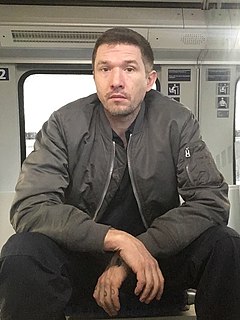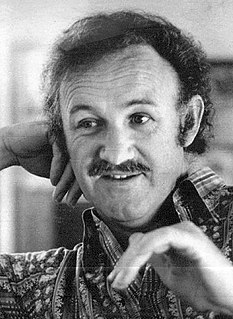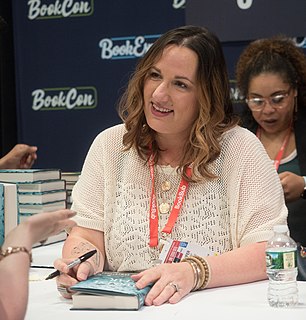A Quote by Jonathan Tropper
When I was sixteen, I wrote the first hundred or so pages of a novel about a piano that was haunted by the ghost of an evil blues musician.
Related Quotes
When I was fifteen I wrote seven hundred pages of an incredibly bad novel - it's a very funny book I still like a lot. Then, when I was nineteen I wrote a couple hundred pages of another novel, which wasn't very good either. I was still determined to be a writer. And since I was a writer, and here I was twenty-nine years old and I wasn't a very good poet and I wasn't a very good novelist, I thought I would try writing a play, which seems to have worked out a little better.
I finished my first novel - it was around 300 pages long - when I was 16. Wrote one more before I got out of high school, then wrote the first Lincoln Perry novel when I was 19. It didn't sell, but I liked the character and I knew the world so I tried what was, in my mind, a sequel. Wrote that when I was 20, and that one made it.
During my last year of college I wrote the same ten pages over and over again. Those ten pages became the first few pages of my first novel. I can still recite the opening paragraph from memory - only now I cringe when I do it because they are - surprise! - a classic example of overwriting, in addition to being a more than a little pretentious.
One easy mistake to make with the first novel is to expand the short story. Some things are better as a story; you cannot dilute things into a novel. I think the first hundred pages of a novel are very important. That's where you set things up: the world, the characters. Once you've set that up, it'll be much easier.
Well, people have been wondering what's going to happen to the novel for two hundred years; its death has been announced many times. You know, I think the novel keeps redefining the world we live in. What you should look for in a novel is a window nobody else is looking out of, that nobody else can look through. What you look for is a voice. You pick up a novel by someone such as Faulkner or Hemingway and you just read three pages and you know who wrote it. And that's what one should demand of a novelist.
But I'm not a small-literary-novel kind of guy, and once I'd developed the world in the first couple of hundred pages, I felt that there was potential here to go on and write an engaging story set in that world. So that's what I did. This probably ruins things both for the people who want small literary novels and for those who want action-packed epics, but anyway, it's what I wrote.
In my own life I studied music, not creative writing; I see a novel as music - an opening as an overture, themes and subplots as lines in a fugue. The chance to write a novel about a musician boxed in by all kinds of limitations but who plays out his ultimate struggle for freedom at the piano was irresistible.






































